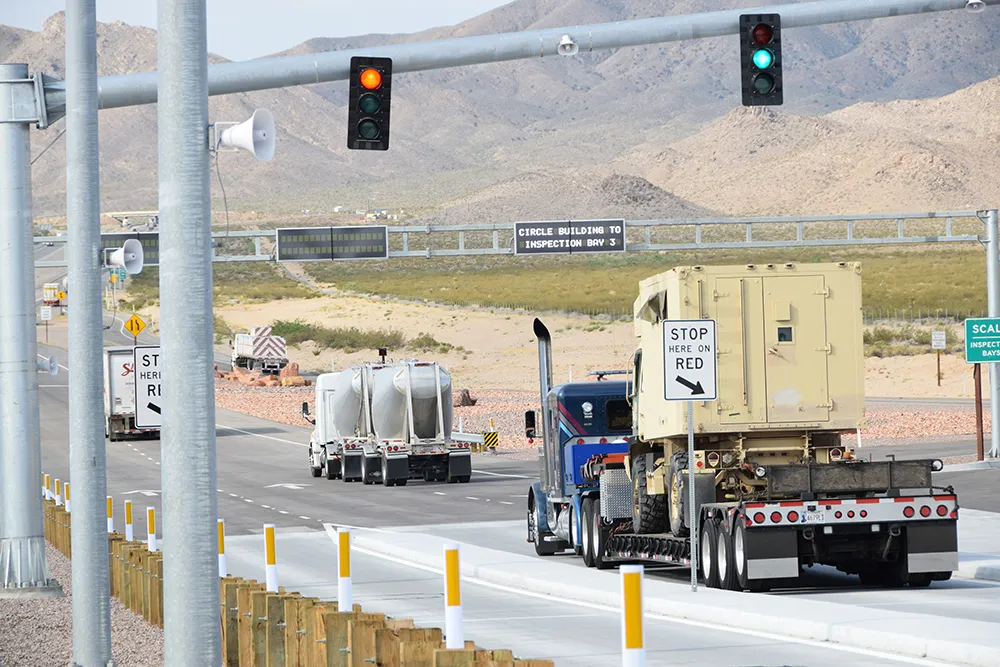
In this issue we get a variety of views on two of the hottest topics in transportation; financing models and Smart Cities.
With the pollution-reducing increase in fuel economy achieved by modern vehicles, the advent of hybrids and the introduction of electric cars, the old fuel tax methods can no longer produce the funding required to maintain, let alone expand, the transportation infrastructure without a massive increase in duty rates. Such an increase would be highly regressive: hitting poorer families with older, less fuel-efficient cars the hardest while having least impact on more affluent consumers able to purchase new (or at least newer) vehicles.
Tolling major roads can cause drivers to divert to smaller roads while geo-tolling raises privacy concerns and some believe it could penalise those living in rural areas. Others may advocate a mileage tax, perhaps collected during the already mandatory annual inspections, as a simple to administer scheme that retains the user-pays principal. But such a system would be open to driver abuse (on existing vehicles at least).
And then there is the issue of whether cross-subsidies between private and public transport are desirable and necessary or need eliminating.
So what should be done?
These are political decisions - and tough ones at that.
From the public’s point of view they perceive governments wanting to add a new ‘tax’ on top of an old one. What would be publically more acceptable (and simpler to administer) would be replacing one rigid, outdated and regressive revenue raising system with one better suited to deal with the current situation and capable of future adaptation.
All those options are available; the technology is ready but what’s missing is a political decision. That will take leadership but that is why politicians seek office.The only certainty is that the longer these decisions are delayed, the higher the bills
will be for rectifying the accumulated deterioration of the existing infrastructure. That’s even before administrations start considering the new roads (with ITS/connected vehicle infrastructure), rail and metro lines that will be needed in the Smart Cities of the future.
In the end it must be better to make a decision – even if it turns out that the optimum system was not selected – to raise the funds that will enable authorities to start repairing and updating the transportation infrastructure.
After all, it will be easier and cheaper to modify an imperfect revenue raising system on functioning infrastructure than allowing another decade of deterioration, increasing congestion and extending travel times.
Now that’s the kind of thinking that will create smart cities.









